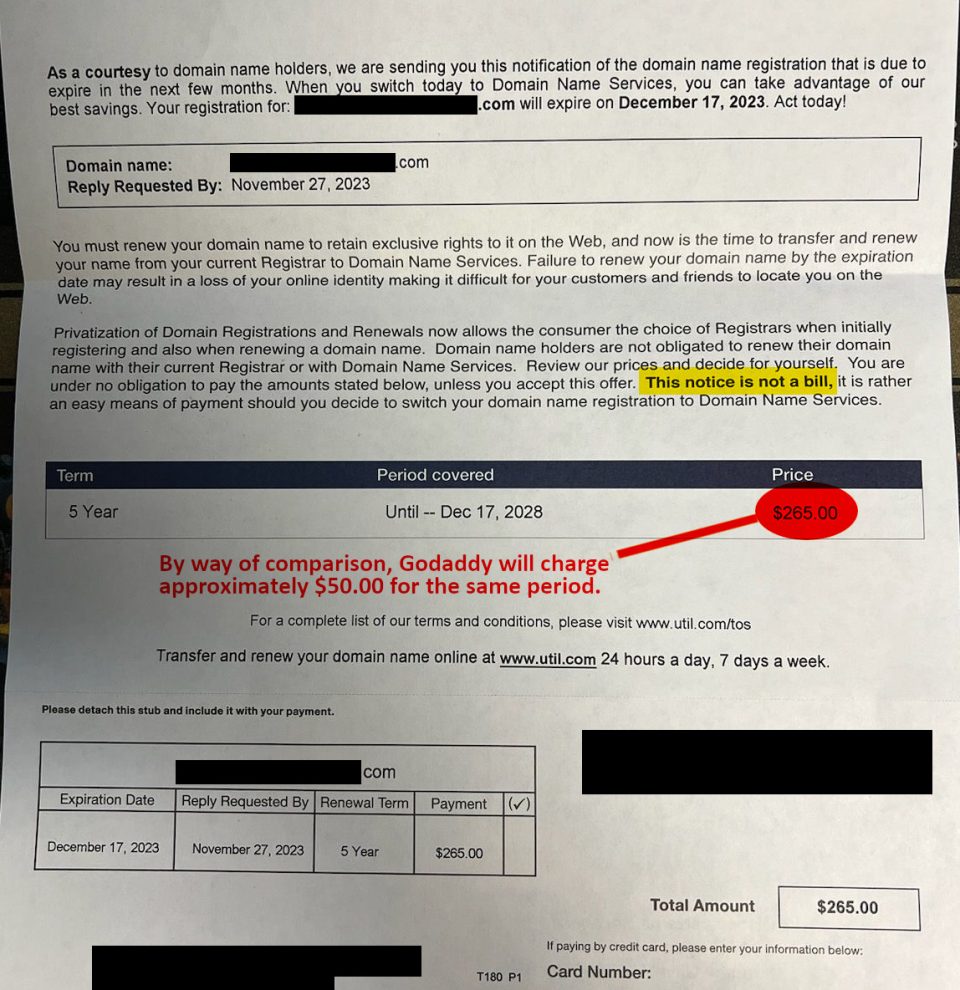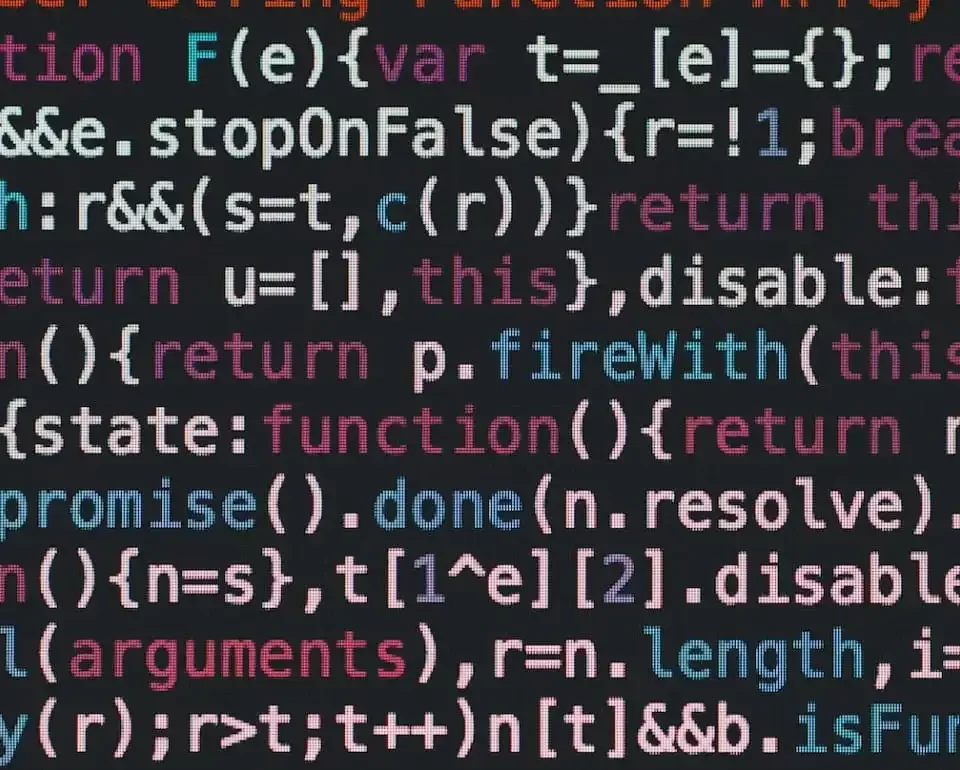from Tech Web
Best Buy’s aggressively promoted, 24-hour computer support task force Geek Squad has been served with a temporary restraining order barring it from using a popular brand of system restore software, which Best Buy is accused of pirating.
The court order, issued Wednesday by U.S. District Court Judge Sam Sparks in Austin, Texas, stems from a copyright infringement lawsuit filed by Winternals Software LP, makers of ERD Commander 2005, a repair tool that boots a dead computer for system recovery.
The Winternals lawsuit accuses Best Buy – the nation’s largest consumer electronics retail chain — and its subsidiary Geek Squad Inc. of copyright infringement and misuse of trade secrets. Essentially, it alleges that Best Buy has been using unlicensed versions of the software. A hearing has been set for May 12 in Austin.
The federal judge also gave Best Buy 20 days to hand over all Winternals software copies, as well as identify the employees who used the programs, according to the restraining order.
Through a spokesman, Best Buy insisted the company is a proponent of licensed software and takes measures to safeguard against software copyright infringement and software piracy.
“We are aware of the lawsuit filed by Winternals Software and take this action very seriously,” Best Buy spokesman Jay Musolf said Thursday. He declined to comment further on the pending litigation.
Winternals and Best Buy began negotiating an agreement last fall to trial the software. The electronics retail chain broke off negotiations in February because it was no longer interested in a commercial license that Winternals’ attorney David Weaver at Vinson & Elkins LLP said costs $1,200 each.
In a statement, Winternals said the license being negotiated was valued at more than several million dollars. The lawsuit claims that Geek Squad employees continued to use Winternals’ software in violation of the U.S. Copyright Act.
Intellectual property attorney and partner at Banner & Witcoff Ltd. Ross Dannenberg said large technology companies typically don’t allow “this type of infringement to happen.” Dannenberg, also an adjunct professor at George Mason University School of Law, said “The infringement must be fairly substantial for Winternals to go through litigation.”




